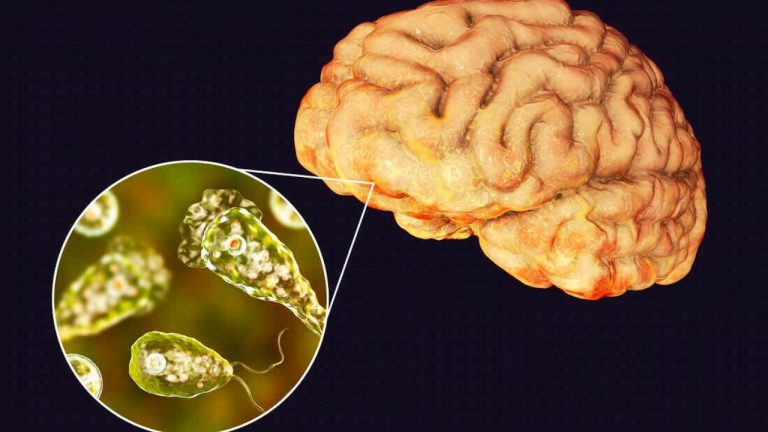What is the Treatment or Tip For All Types of Food Protein Allergies?

The treatment for food protein allergies typically involves avoiding the specific allergenic food(s) that trigger an allergic reaction. Here are some tips and strategies for managing food protein allergies:
Identification and elimination: Identify the specific food(s) causing the allergic reaction through medical diagnoses, such as allergy testing or an elimination diet. Once identified, eliminate those foods from your diet completely.
Read food labels: Carefully read food labels to identify potential allergens. Be aware of different names and forms of allergenic ingredients that may be present in processed foods. Manufacturers are required to clearly indicate the presence of common allergens on food labels.
Practice cross-contamination prevention: Avoid cross-contamination by thoroughly cleaning kitchen surfaces, utensils, and cookware after contact with allergenic foods. Use separate cutting boards and cooking utensils for allergenic and non-allergenic foods.
Inform others: Make sure to inform family members, friends, and caregivers about your food protein allergies. Educate them on the severity of your allergy, hidden sources of allergens, and the importance of avoiding cross-contamination.
Carry emergency medication: For severe allergic reactions, carry emergency medication prescribed by your healthcare provider, such as an epinephrine auto-injector. Learn how to use it correctly and ensure it is readily accessible in case of accidental exposure.
Work with a healthcare professional: Consult with an allergist or immunologist for a comprehensive evaluation, diagnosis, and ongoing management of your food protein allergy. They can provide personalized advice, develop an emergency action plan, and monitor your condition over time.
It is important to note that these tips are general recommendations, and the specific management approach may vary depending on the individual and the severity of the food protein allergy. It is always best to seek professional medical advice for accurate diagnosis and personalized guidance.



